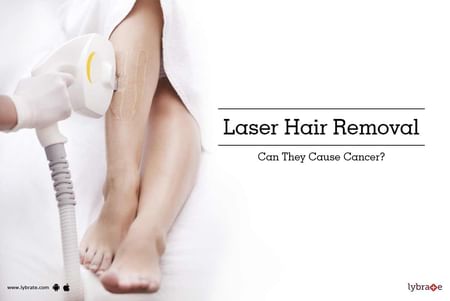This is the place to acknowledge that non ionizing radiation can be absorbed by the tissue and produce a heating effect with high exposures leading to burns.
Can laser hair treatment cause skin cancer.
It s a myth that laser hair removal can cause cancer.
The situation is the same for bacteria and virus in culture.
The laser beam remains superficially at the level of the skin and these lasers don t cause dna damage and dna mutations which are changes in dna linked to cancer.
What about eye risks.
In fact the technology which is used is quite old first discovered by an hungarian scientist at 1966.
Usually non ionizing radiation produces intense heat but does not penetrate far into the skin and does not cause cell mutation.
Laser hair removal involves radiating an area of the body so that the hair follicles under the skin are burned and become inactive.
But there are some risks involved like redness scarring and discoloration in the treated area bowe.
We know this not only because there have been no confirmed cases since the treatment became widely available in mid 90s but because the science suggests it isn t possible to cause cancer by laser hair removal.
That s because darker skin absorbs more heat from the laser making it.
As of now no research has showed the light energy from hair removal lasers can cause cancer.
So as for the dangers in such treatment a laser hair removal cancer is a very low risk for such laser hair removal risks cancer.
In fact the technology which is used is quite old first discovered by an hungarian scientist at 1966.
But depending on where you chose to have the popular procedure done you could be putting yourself at greater risk of cancer.
Laser light in certain doses stimulate these.
In fact according to the skin care foundation the procedure is sometimes used to treat certain forms of precancerous lesions.
New york cbsnewyork laser treatments can smooth and tighten skin reduce sunspots remove unwanted hair and so much more.
The pulse of light energy used in laser hair removal treatments for example are only designed to zap and destroy hair follicles.
While a bacterial or viral infection in vivo is cured much faster after the right treatment with laser therapy.





























